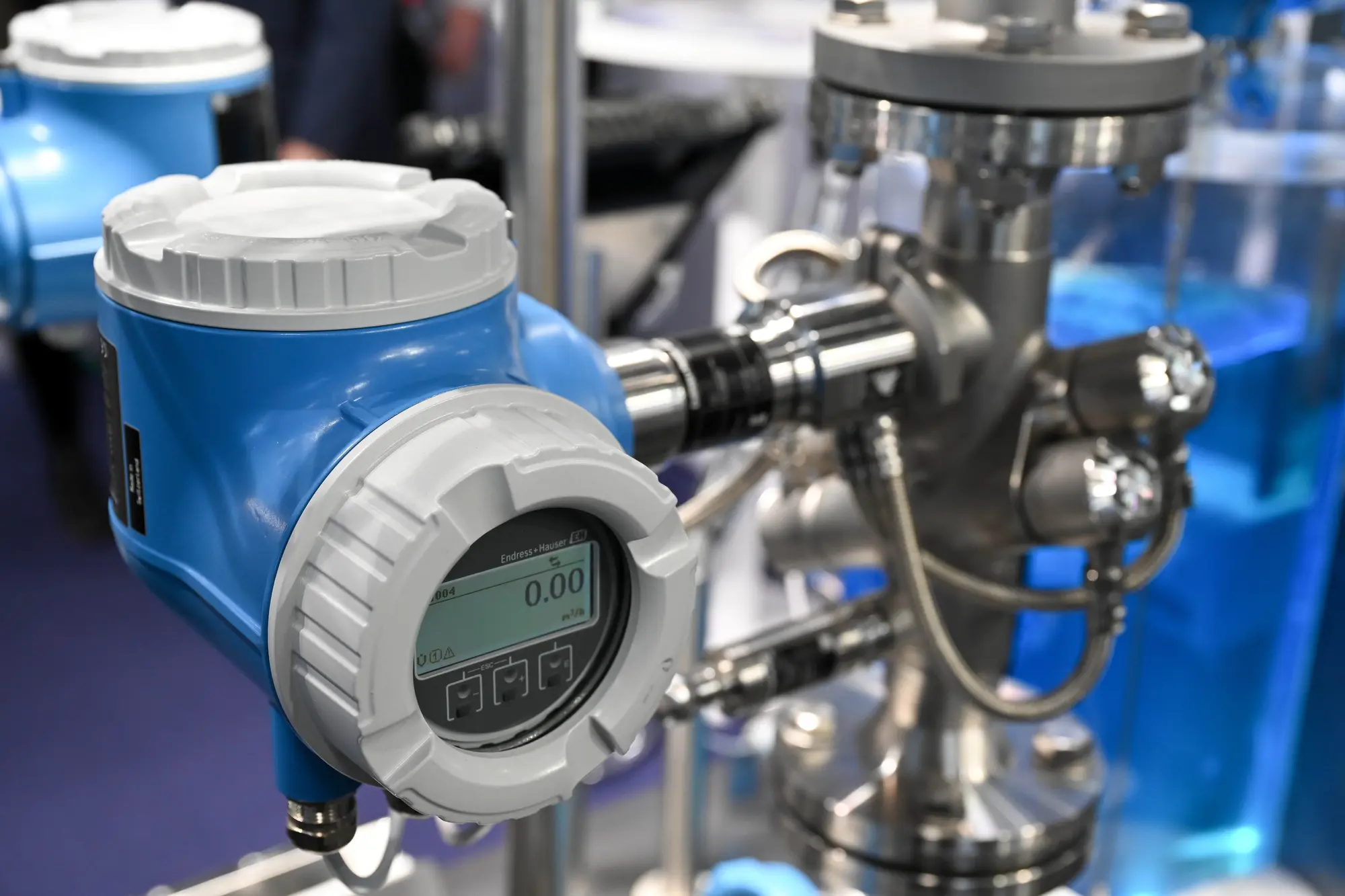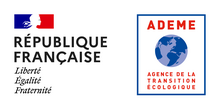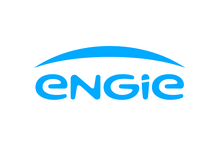Towards mutual recognition of certification schemes for low emission hydrogen and hydrogen derivatives

📆 Tuesday, January 28, 2025
⏱ From 1PM to 5:30pm - includes a lunch cocktail and a networking coffee session
📍 Hyvolution Theater
💶 Paid access
🌐 English
The moderator
Speakers
FULL Program
Networking Lunch
from 1:00 to 2:00 P.M.
Introduction
Laurent ANTONI, Executive Director, IPHE
Keynote
Harley HIGGINS-WATSON, H2 Breakthrough agenda Facilitator, COP28 Presidency team, IPHE Secretariat
Part 1:
Lessons learned in 2024 have identified key challenges to address for developing future trade routes for hydrogen and derivatives
Moderation: Laurent ANTONI
Panellists: Florian DALLHAMMER, Marie PENSALFINI, David BOSLMAN
Part 2:
Promising means are being developed to address these challenges in 2025
Moderation: Katrien VERWIMP
Panellists: Tudor FLOREA, Jan STELTER, Wael Al MAZEEDI, Sylvie DENOBLE MAYER, Christian KRUEGER, Maximilian KUHN
Conclusion
Laurent ANTONI
Networking coffee
from 5:00 to 5:30 P.M.
Global trade in low-carbon hydrogen and derivatives helping match supply and demand at international scale unlocks decarbonization opportunities and cost-efficiency gains. Certification of low-carbon hydrogen and derivatives is a key priority for multilateral cooperation to unlock this cross-border trade while enabling transparency as well as in building consumer trust.
Countries around the world are implementing their national or regional certification schemes to support their respective hydrogen strategies and roadmaps, as well as relevant incentives. If there is no convergence towards a minimum set of fundamental design principles for certification schemes, there are risks of potential market fragmentation delaying the development of a global market.
At COP28, a Declaration of Intent signed by 39 countries affirms the importance of a mutual recognition of certification schemes based on key principles that recognizes diverse policy choices with regards to strategies, policies and legislation for low-carbon hydrogen and derivatives.
Key questions:
One year later, what are the progresses made?
How can the delivery of this Declaration of Intent (DoI) be accelerated?



